Two Japanese anime films have become collateral damage in the rapidly souring relationship between Beijing and Tokyo. Crayon Shin-chan the Movie: Super Hot! The Spicy Kasukabe Dancers and Cells at Work! were abruptly pulled from their planned mainland China release, state broadcaster CCTV announced on Tuesday.
The suspension landed with the same thud as every other retaliatory measure that’s rolled out since Japanese Prime Minister Sanae Takaichi suggested Japan could intervene militarily if China moved on Taiwan. Beijing heard that as a direct challenge to its red line, and has been firing back in the cultural, economic, and military spheres ever since.
CCTV said film distributors made the “prudent” decision to postpone the releases due to the “overall market performance” of Japanese films and “Chinese audience sentiment.” In other words: Takaichi’s comments poisoned the well. As CCTV put it, distributors knew her “provocative remarks” would “inevitably affect Chinese audience perceptions of Japanese cinema,” so they opted to follow “market principles and respect audience preferences.”
It’s a strategy with a message: cross China’s red lines, and you’ll feel it. These small but visible acts, McDonagh added, “provide China some degree of influence on other governmental decision-making processes that impact China’s red line.”
The anime freeze follows Beijing’s recent advisory warning Chinese citizens against travel to Japan, a rare escalation, and the deployment of Chinese warships near the disputed Senkaku Islands.
Tokyo, in response, issued its own travel advisory for China, urging Japanese citizens to “respect local customs, avoid crowded places and exercise caution.” The wording, while diplomatic, underscored that both sides know exactly how fragile the moment is.
Japan’s Chief Cabinet Secretary Minoru Kihara said the advisory reflected “the social situations” in China and rising tensions. He maintained Tokyo’s “open stance” toward dialogue, even as Beijing signaled that Premier Li Qiang had no plans to meet Takaichi at this weekend’s G20 summit.
Meanwhile, Japan’s top Asia Pacific official, Masaaki Kanai, met Chinese diplomat Liu Jinsong in Beijing in an attempt to stop the spiral.
At the heart of it all is Taiwan, the unresolved question that both governments see as existential. China insists Taiwan is part of its territory and vows “reunification” by force if necessary. Japan sees any conflict over Taiwan as a direct national security threat due to proximity and trade routes.
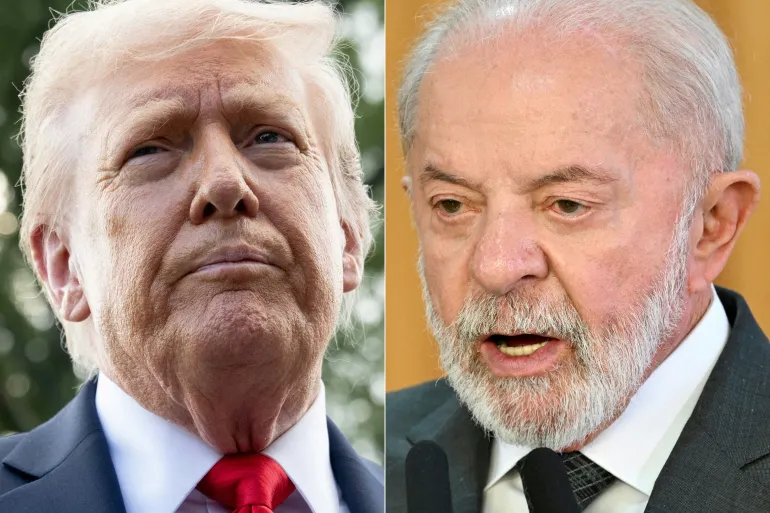
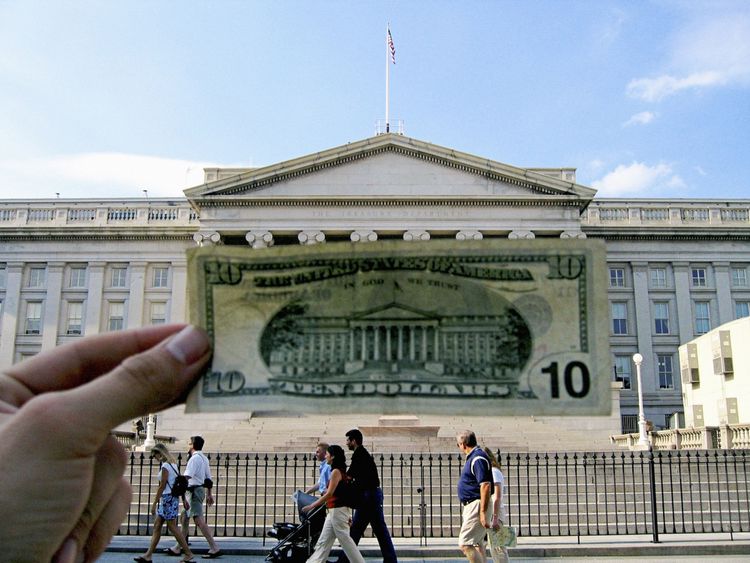
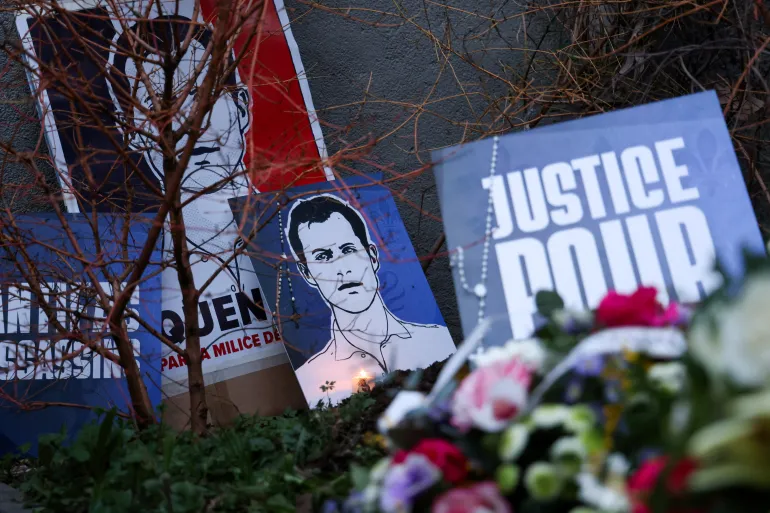

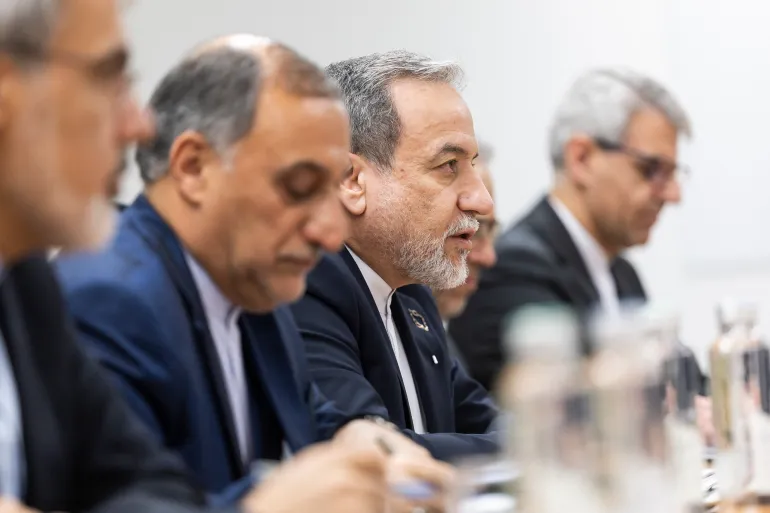
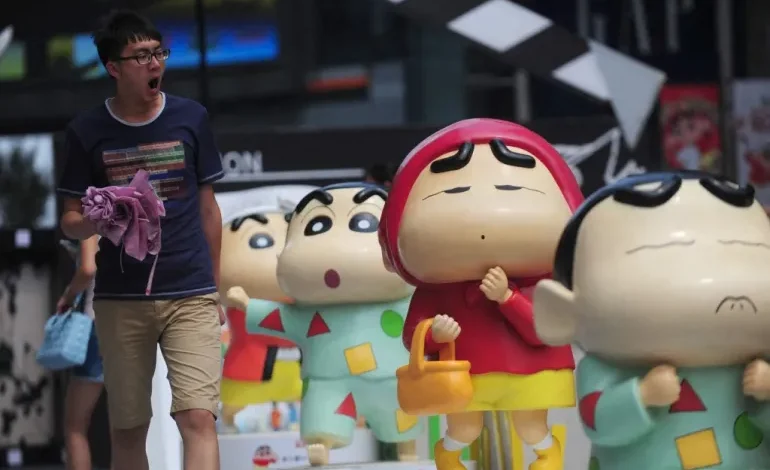




The latest news in your social feeds
Subscribe to our social media platforms to stay tuned